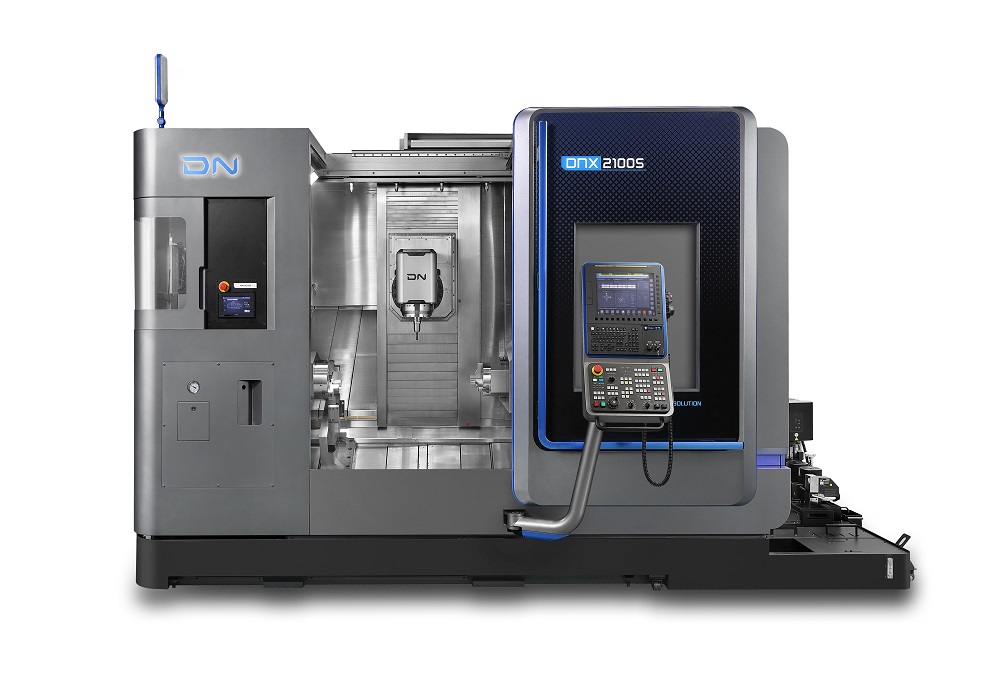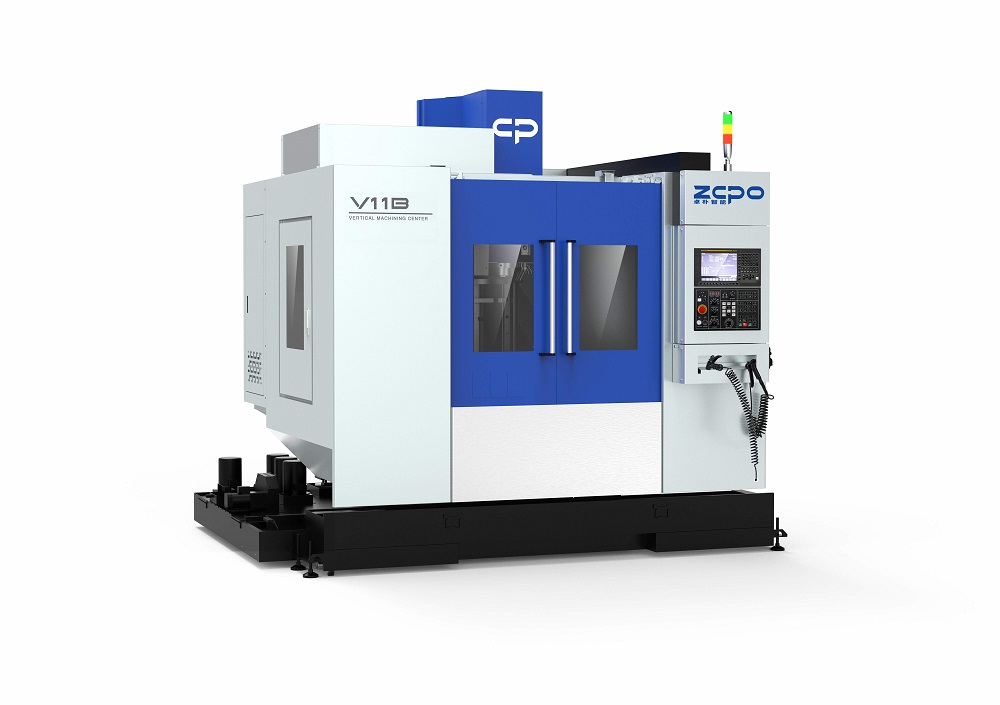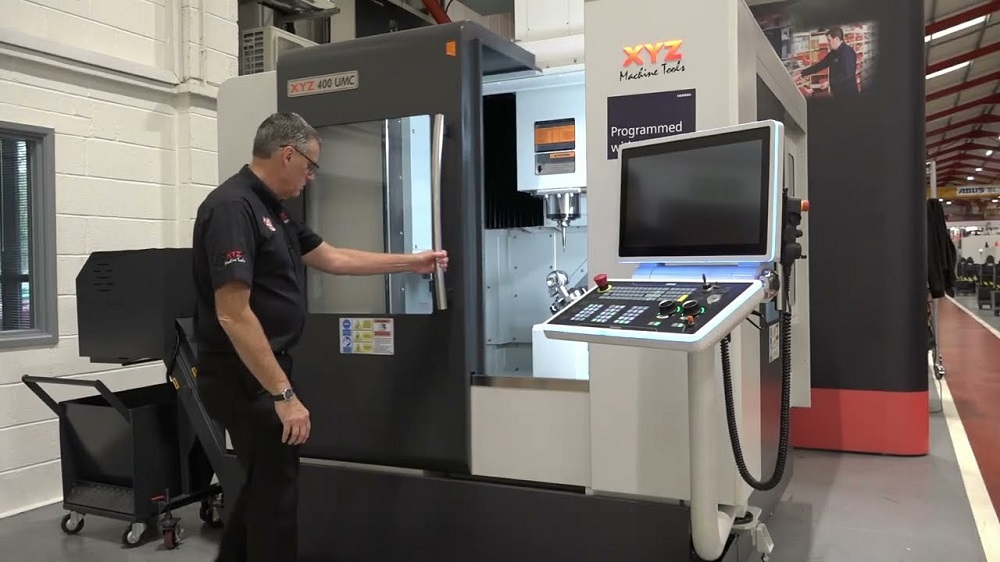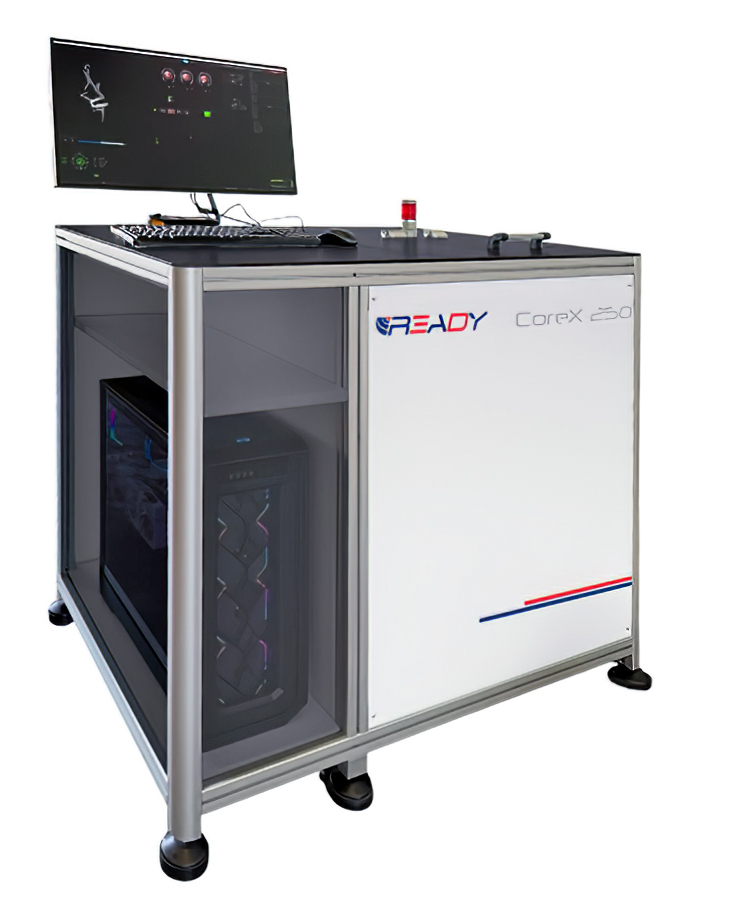Mills CNC is showcasing a new DNX 2100S multi-axis mill-turn machine from DN Solutions on C160. According to the company, the compact 8” chuck (65mm bar capacity) DNX 2100S is powerful, fast, accurate and flexible in the machining of complex, high-precision parts in one hit.The rigid machine features two (L and R) opposing 18.5kW/5000rpm spindles, a 12,000rpm B-axis milling head with 0.0001°indexing capabilities, a large-capacity ATC (up to 60 tools), integrated thermal compensation (via eight strategically-located sensors), in-process tool and workpiece measurement, and a tool breakage detection facility.
More information www.millscnc.co.uk



















